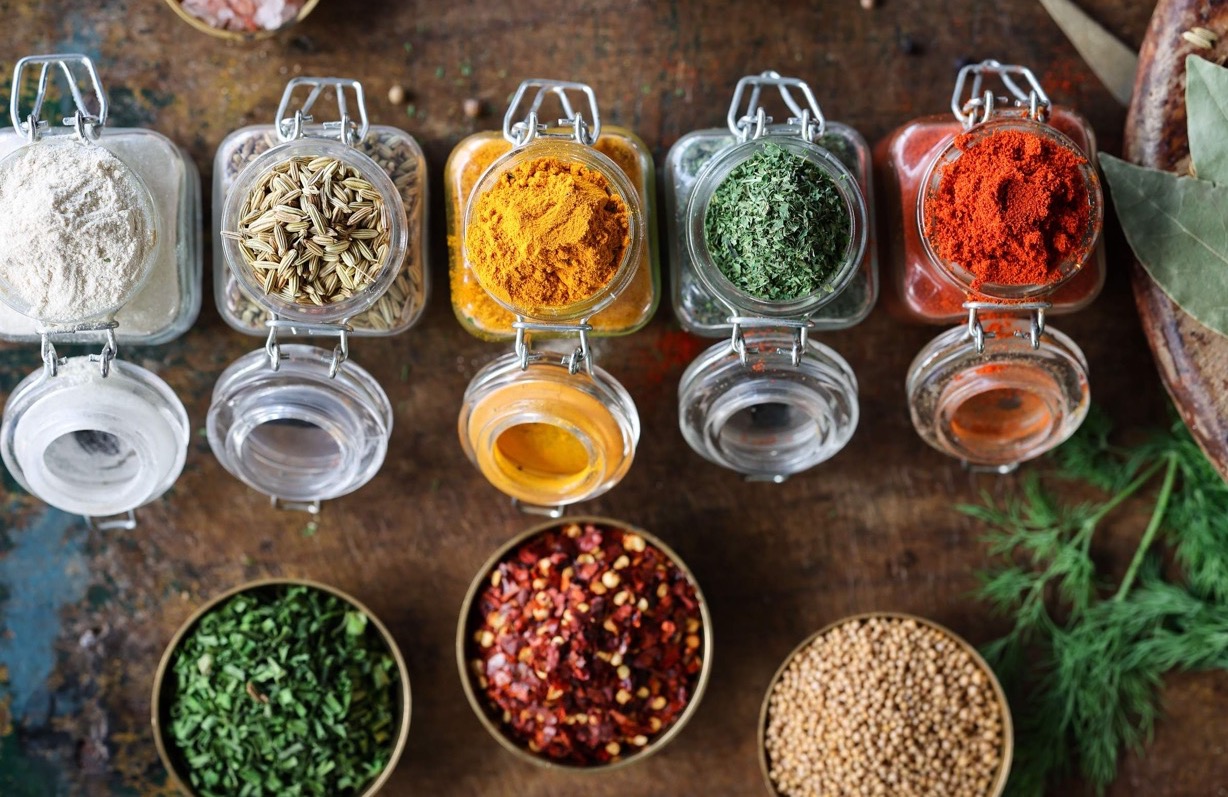

Articles
How To Store Spices Long Term
Modified: January 6, 2024
Discover the best ways to store spices long term with these informative articles. Keep your spices fresh and flavorful for longer periods of time.
(Many of the links in this article redirect to a specific reviewed product. Your purchase of these products through affiliate links helps to generate commission for Storables.com, at no extra cost. Learn more)
Introduction
Welcome to our comprehensive guide on how to store spices long term. Spices are an essential ingredient in cooking, adding flavor, aroma, and depth to our favorite dishes. However, to truly get the most out of our spices, it is important to store them properly to maintain their freshness and potency over an extended period of time.
Whether you are a seasoned chef or an enthusiastic home cook, learning the art of long-term spice storage will not only save you money but also ensure that your dishes are always infused with the rich flavors that spices provide.
In this article, we will explore the importance of storing spices long term, the factors to consider when storing them, and the right containers to use. Furthermore, we will delve into proper handling and preparation techniques, as well as tips to maintain the quality of your spices over time. We will also cover common mistakes to avoid and provide guidance on using and replenishing your stored spices efficiently.
So, whether you have a vast collection of spices or just a few favorites, join us on this journey to unlock the secrets of long-term spice storage and take your culinary creations to new heights!
Key Takeaways:
- Proper long-term spice storage preserves flavor, saves money, and enhances culinary creativity. Consider factors like temperature, humidity, and container choice to maintain spice quality and potency.
- Efficiently using and replenishing stored spices involves meal planning, FIFO rotation, and experimenting with blends. Support local spice merchants and share excess spices to minimize waste and explore new flavors.
Read more: How To Store Black Pepper Long Term
Why is Storing Spices Long Term Important?
Properly storing spices long term is crucial for several reasons. First and foremost, it helps to maintain the quality and flavor of the spices for an extended period of time. When spices are exposed to heat, light, moisture, and air, their essential oils, which contain the flavor and aroma, can deteriorate, resulting in dull and tasteless spices. Storing spices in the right conditions helps to preserve their potency and ensure that they can continue to enhance your dishes for months or even years to come.
Additionally, long-term spice storage can save you money. Spices can be expensive, especially if you purchase them in larger quantities. By storing them properly, you can prevent wastage and keep your spices fresh for longer periods, allowing you to use them more sparingly without compromising on flavor.
Furthermore, having a well-organized spice collection can make cooking more convenient and efficient. When your spices are stored properly, you can easily locate and access them when needed, saving time and effort in the kitchen. It also allows you to maintain an inventory of your spice collection, ensuring that you never run out of your favorite seasonings.
Lastly, storing spices long term enables you to enjoy a wider range of flavors and experiment with various cuisines. With a well-maintained collection of spices, you can explore different flavor profiles and create diverse dishes that showcase the unique characteristics of each spice.
Overall, storing spices long term is important for preserving their quality, saving money, improving cooking efficiency, and enhancing culinary creativity. Now that we understand the importance, let’s dive into the factors to consider when storing spices for the long term.
Factors to Consider When Storing Spices Long Term
When it comes to storing spices for the long term, there are several important factors to consider to ensure their freshness and potency. Let’s explore these factors in detail:
- Temperature: Spices should be stored in a cool, dry place away from direct sunlight. Heat can accelerate the breakdown of essential oils, leading to a loss of flavor and aroma. Aim for a storage temperature between 50°F and 70°F (10°C to 21°C) for optimal spice preservation.
- Humidity: Moisture is the enemy of spices. High humidity can cause spices to clump together or become moldy, rendering them unusable. Avoid storing spices in the kitchen near the stove or sink, as these areas tend to be more humid. Instead, choose a dry location such as a pantry or cupboard.
- Air Exposure: Exposure to air can lead to the oxidation of spices, resulting in flavor degradation. To minimize air exposure, store spices in airtight containers that seal tightly. This will help to maintain their freshness and keep moisture and oxygen out.
- Light: Light, especially direct sunlight, can cause spices to lose their color and flavor. To preserve the integrity of your spices, opt for opaque or dark-colored containers that block out light. Keep them in a dark storage area or cupboard to prevent exposure to light.
- Container Material: Choose containers made of glass, tin, or high-quality plastic for storing spices. These materials are less likely to react with the spices and impart off-flavors. Avoid using containers made of low-quality plastic, as they can leach chemicals into the spices.
- Labeling and Organization: Proper labeling is essential for easy identification of spices. Use clear, waterproof labels to mark each container with the spice name and expiration date. Additionally, organize your spices in a logical manner, such as alphabetically or by cuisine, to streamline your cooking process.
- Quality of Spices: The quality of the spices you purchase initially plays a significant role in long-term storage. Choose high-quality spices from reputable sources to ensure that they have not been sitting on the shelf for too long. Fresh, aromatic spices will retain their flavor and aroma for a longer period.
By considering these factors and implementing proper storage techniques, you can extend the shelf life of your spices and maintain their flavor and potency over time. In the next section, we will discuss the different types of containers that are best suited for long-term spice storage.
Choosing the Right Containers for Long-Term Spice Storage
Selecting the appropriate containers is crucial when it comes to long-term spice storage. The right containers will help preserve the flavor, aroma, and color of your spices while keeping them fresh and free from moisture and contaminants. Here are some factors to consider when choosing containers for long-term spice storage:
- Airtightness: It is essential to use containers that provide a tight seal to prevent air, moisture, and odors from permeating the spices. Look for containers with secure lids or caps that create an airtight seal when closed.
- Material: Opt for containers made of glass, tin, or high-quality food-grade plastic. Glass jars are ideal for storing spices as they are non-reactive and do not absorb odors or flavors. Tin containers with airtight lids are also a good choice, while high-quality food-grade plastic containers can be a more lightweight and practical option.
- Opaque or Tinted: Light can degrade spices, causing a loss of flavor and color. Choose containers that are opaque or tinted to block out light and protect the spices from UV rays. Avoid clear containers or those made of transparent plastic.
- Size: Consider the size of your spice collection and how frequently you use each spice. It is generally recommended to store spices in smaller containers to minimize air exposure when accessing them. This will help maintain the freshness of the remaining spices in the larger collection.
- Labels: Proper labeling is essential for easy identification of spices. Use waterproof, clear labels to mark each container with the spice name and date of purchase. This will help you identify and rotate your spices, ensuring that you use older spices first.
- Stackability: If you have limited storage space, consider using containers that are designed for easy stacking. This will help you optimize your storage area and keep your spice collection organized.
- Extras: Some containers come with additional features like built-in sifters or pour spouts, which can be useful for dispensing small amounts of spices without having to open the container fully. These extras can enhance convenience and prevent moisture from entering the container.
By considering these factors and investing in the right containers, you can maintain the quality and freshness of your spices for extended periods. In the next section, we will explore the proper techniques for handling and preparing spices before storing them long term.
Proper Handling and Preparation of Spices for Long-Term Storage
Before storing spices long term, it is important to handle and prepare them properly to ensure their quality and longevity. Here are some essential steps to follow:
- Buy Whole Spices: Whenever possible, choose whole spices instead of pre-ground ones. Whole spices have a longer shelf life and retain their flavor for a longer period compared to ground spices. Grinding the spices just before use helps preserve their essential oils and flavors.
- Proper Cleaning: Ensure that your spices are clean and free from any impurities or foreign matter. Before storing, inspect them for any debris or stones, and remove them if necessary. Gently rinse whole spices in cool water and pat them dry before storing.
- Grinding: If you prefer to use pre-ground spices, it is advisable to grind them in small batches to maintain their freshness. Invest in a good quality spice grinder or mortar and pestle to ensure a uniform and fine grind.
- Dry Roasting: Dry roasting whole spices before grinding can enhance their flavor and aroma. Heat a pan over medium-low heat and add the spices. Toast them gently, stirring frequently, until they become aromatic. Be cautious not to burn them, as it can result in a bitter taste.
- Cooling and Storing: After grinding or roasting, allow the spices to cool completely before transferring them to storage containers. Hot spices can create condensation inside the containers, leading to moisture buildup. Once cooled, carefully pour the spices into their designated airtight containers.
- Avoid Cross-Contamination: To prevent cross-contamination and preserve the distinct flavors of each spice, use separate utensils or clean them thoroughly when grinding or handling different spices. This will prevent any unwanted mingling of flavors.
- Minimize Exposure to Air: When opening containers to access your spices, do so quickly and close them tightly immediately afterward. Minimizing air exposure will help maintain the freshness and potency of the spices over time.
By following these proper handling and preparation techniques, you can ensure that your spices are in optimal condition before storing them long term. In the next section, we will provide valuable tips to help you maintain the quality of your spices over time.
Store spices in airtight containers away from heat, light, and moisture to maintain their flavor and potency for a longer period of time.
Read more: How To Store Dried Herbs Long Term
Tips for Maintaining Spice Quality Over Time
Proper storage alone is not enough to ensure the long-term quality of your spices. To maximize their flavor, aroma, and overall quality, here are some valuable tips to follow:
- Keep Spices Whole: Whenever possible, store your spices in their whole form and grind them as needed. This helps preserve their essential oils and flavors, ensuring a fresher taste.
- Store in a Dark and Cool Place: As mentioned earlier, light and heat can degrade spices. Store your spice containers in a dark and cool area away from direct sunlight, such as a pantry or a cupboard, to prevent flavor loss.
- Avoid Excessive Heat: Keep your spices away from sources of heat in your kitchen, such as stovetops, ovens, and microwaves. Heat can cause moisture to build up inside the containers, leading to the degradation of spices.
- Use a Dry Spoon: Always use a dry spoon or measuring spoon when scooping out spices. Moisture from a wet spoon can introduce moisture to the spice container, leading to spoilage.
- Monitor Expiration Dates: While spices don’t necessarily spoil, their flavors and aromas fade over time. Be mindful of the expiration dates on your spice containers and rotate your spices regularly, using older ones first.
- Avoid Exposure to Air: When using a spice, open the container briefly and close it tightly immediately afterward. This minimizes exposure to air and helps retain the freshness of the spices.
- Ditch Dull Spices: If your spices have lost their potency and no longer add flavor to your dishes, it may be time to replace them. Fresh and aromatic spices make all the difference in elevating your culinary creations.
- Consider Vacuum Sealing: For long-term storage of larger quantities of spices, you might consider vacuum-sealing them in airtight bags or containers. This method removes air from the packaging, further preserving the quality of the spices.
- Keep Spices Labeled: Properly label your spice containers with the spice name and date of purchase. This helps you keep track of how long you’ve had the spices and ensures that you use them before they lose their potency.
- Experiment and Replenish: Spices are meant to be enjoyed and replenished over time. Don’t be afraid to experiment with new flavors and cuisines. As you consume your stored spices, replenish them with fresh ones to maintain a diverse and flavorful collection.
By following these tips, you can preserve the quality and flavor of your spices for an extended period, ensuring that they continue to enhance your culinary creations with their vibrant tastes and aromas. In the next section, we will identify common mistakes to avoid when storing spices long term.
Common Mistakes to Avoid When Storing Spices Long Term
When it comes to storing spices long term, there are some common mistakes that should be avoided to maintain their quality and potency. By steering clear of these errors, you can ensure that your spices remain fresh and flavorful over time. Here are some common mistakes to avoid:
- Exposing spices to air: Leaving spice containers open for extended periods can lead to flavor loss and moisture absorption. Always seal spice containers tightly after use to minimize air exposure.
- Storing spices in transparent containers: Light can degrade spices, causing them to lose their flavor and color. Avoid storing spices in transparent containers as they allow light to penetrate. Opt for opaque or tinted containers instead.
- Keeping spices near the stove or sink: Heat, humidity, and moisture are enemies of spices. Avoid storing spices in areas of the kitchen that are exposed to heat, such as near the stove or sink. Instead, choose a cool and dry location for spice storage.
- Using low-quality containers: Investing in high-quality containers is essential for long-term spice storage. Low-quality plastic containers can degrade over time and may leach chemicals into the spices. Choose glass, tin, or high-quality food-grade plastic containers.
- Not properly labeling spice containers: Accurate labeling is key for easy identification of spices. Failure to label your spice containers can lead to confusion and mistakes when cooking. Ensure that each container is clearly labeled with the spice name and date of purchase.
- Storing spices past their expiration date: While spices don’t spoil like perishable foods, they do lose their flavor and aroma over time. Pay attention to the expiration dates on your spice containers and use them within a reasonable period to enjoy their best qualities.
- Keeping spices in a warm and humid environment: Heat and humidity can cause spices to clump together and become moldy. Avoid storing spices in the refrigerator as the humidity level can be too high. Instead, choose a cool and dry pantry or cupboard for spice storage.
- Not grinding whole spices as needed: Whole spices retain their flavor and aroma for a longer period compared to pre-ground spices. Grind whole spices just before using them to preserve their essential oils and flavors.
- Ignoring the quality of spices: The quality of spices at the time of purchase plays a significant role in their long-term storage. Choose high-quality spices from reputable sources to ensure freshness and avoid buying expired or stale spices.
- Overstocking and hoarding spices: While it’s tempting to have a wide variety of spices, overstocking can lead to spices going unused and losing their flavor over time. Only stock up on spices that you regularly use to avoid wastage and ensure freshness.
By avoiding these common mistakes, you can prolong the shelf life of your spices and maintain their flavor and potency for longer periods. In the next section, we will discuss how to use and replenish your stored spices efficiently.
Using and Replenishing Stored Spices Efficiently
Efficiently using and replenishing your stored spices ensures that you make the most of your spice collection while maintaining freshness. Here are some tips to help you utilize and restock your spices effectively:
- Plan Your Meals: Before cooking, take time to plan your meals and determine which spices you will need. This helps you use your spices efficiently and avoid unnecessary purchases or wastage.
- Practice First-In, First-Out (FIFO) Rotation: Adhere to the first-in, first-out principle, using older spices before newer ones. This ensures that your spices stay fresh and that none of them expire unused.
- Experiment with Blends and Mixes: Creating custom spice blends and mixes allows you to use multiple spices at once, reducing the need to measure and open individual containers. Additionally, it adds depth and complexity to your dishes.
- Grind Spices as Needed: To preserve freshness, try to grind whole spices just before using them. Whole spices have a longer shelf life, and grinding them on demand helps retain their essential oils and flavors.
- Keep a Spice Inventory: Maintain a spice inventory spreadsheet or list to track which spices you have and their expiration dates. This helps you stay organized and know which spices need replenishing.
- Shop in Small Quantities: Buying spices in small quantities ensures that you use them when they are still fresh and flavorful. It also allows you to experiment with different spices without committing to large quantities.
- Consider Bulk Purchase and Storage: If you frequently use certain spices, buying in bulk can be more cost-effective. However, ensure that you have proper bulk storage containers to maintain the freshness of the spices.
- Restock from Trusted Sources: When replenishing your spices, purchase from reputable sources known for their quality spices. This ensures that you are adding fresh and aromatic spices to your collection.
- Support Local Spice Merchants: Consider supporting local spice merchants and specialty stores. They often carry a wide variety of high-quality, unique spices that can elevate your cooking to new heights.
- Share and Trade with Others: If you have excess spices that you won’t be able to use before they expire, consider sharing or trading with friends, family, or fellow cooking enthusiasts. This not only minimizes waste but also allows you to explore new flavors.
By following these tips, you can efficiently utilize and replenish your stored spices, ensuring that you always have a fresh and versatile collection to enhance your culinary creations. Now that we have covered the essentials, let’s wrap up our guide on storing spices long term.
Conclusion
Properly storing spices long term is essential for preserving their flavor, aroma, and overall quality. By considering factors such as temperature, humidity, air exposure, container choice, and proper handling techniques, you can extend the shelf life of your spices and enhance their culinary impact.
Choosing the right containers, such as glass, tin, or high-quality plastic, with airtight seals, helps maintain the freshness and potency of spices. Avoiding common mistakes like exposing spices to air, storing them in transparent containers, and neglecting expiration dates ensures that your spices remain vibrant and flavorful.
Handling and preparing spices, whether whole or ground, with care is crucial before storing them long term. Cleaning, grinding, dry roasting, and allowing spices to cool before storage are steps that help preserve their essential oils and flavors.
To maintain spice quality over time, using airtight containers, avoiding excessive heat and light exposure, and using a dry spoon are key. Monitoring expiration dates, rotating spices using the FIFO method, and replenishing spices from trusted sources keep your collection fresh and flavorful.
Efficiently using and replenishing stored spices involves meal planning, trying spice blends and mixes, grinding spices as needed, and keeping an inventory. Consider shopping in small quantities, supporting local spice merchants, and sharing or trading excess spices to minimize waste and explore new flavors.
By following these guidelines, you can ensure that your spice collection remains a source of culinary inspiration, enhancing your dishes with their vibrant tastes and aromas. Take the time to store your spices properly and enjoy the flavorful rewards for months or even years to come.
Frequently Asked Questions about How To Store Spices Long Term
Was this page helpful?
At Storables.com, we guarantee accurate and reliable information. Our content, validated by Expert Board Contributors, is crafted following stringent Editorial Policies. We're committed to providing you with well-researched, expert-backed insights for all your informational needs.
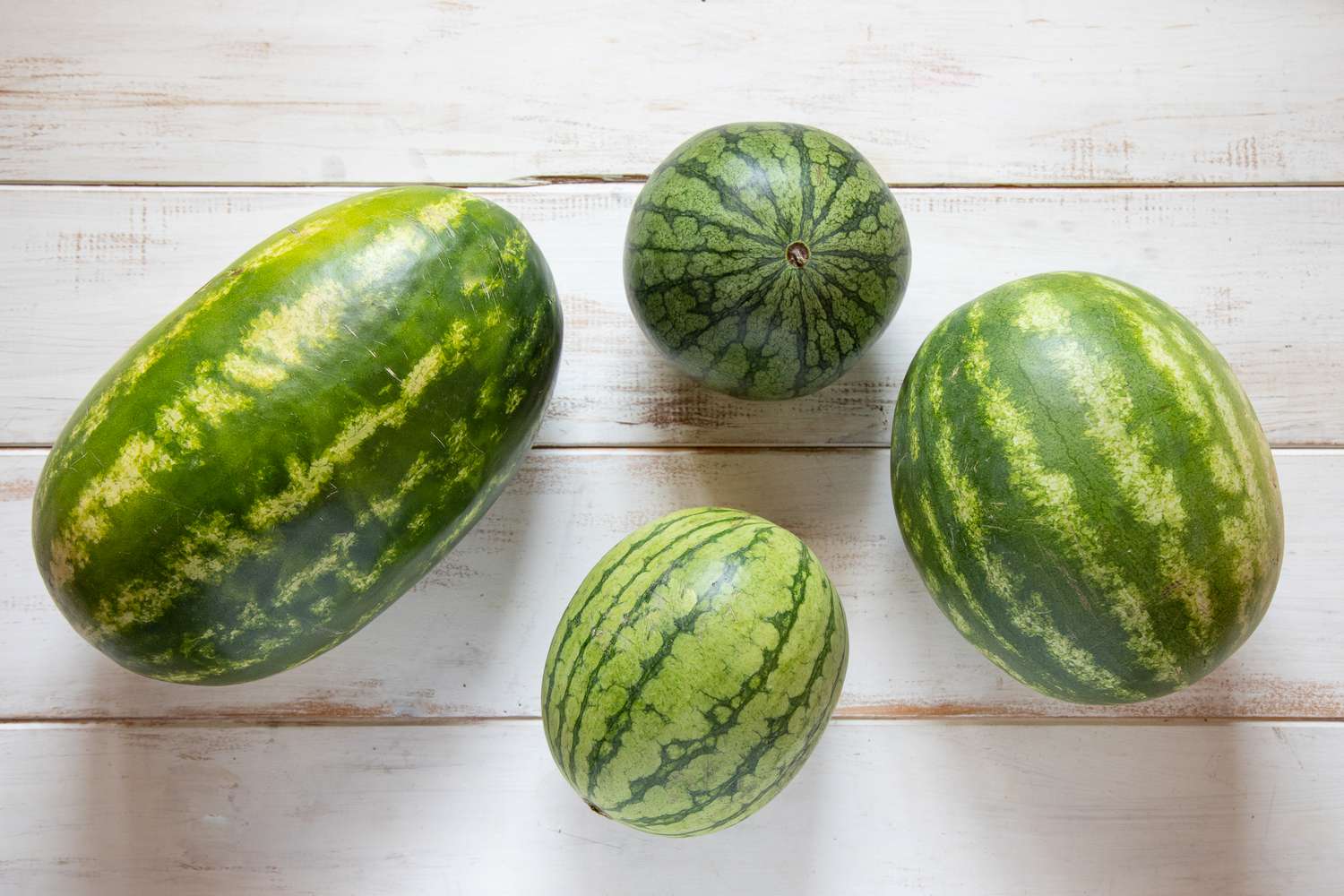

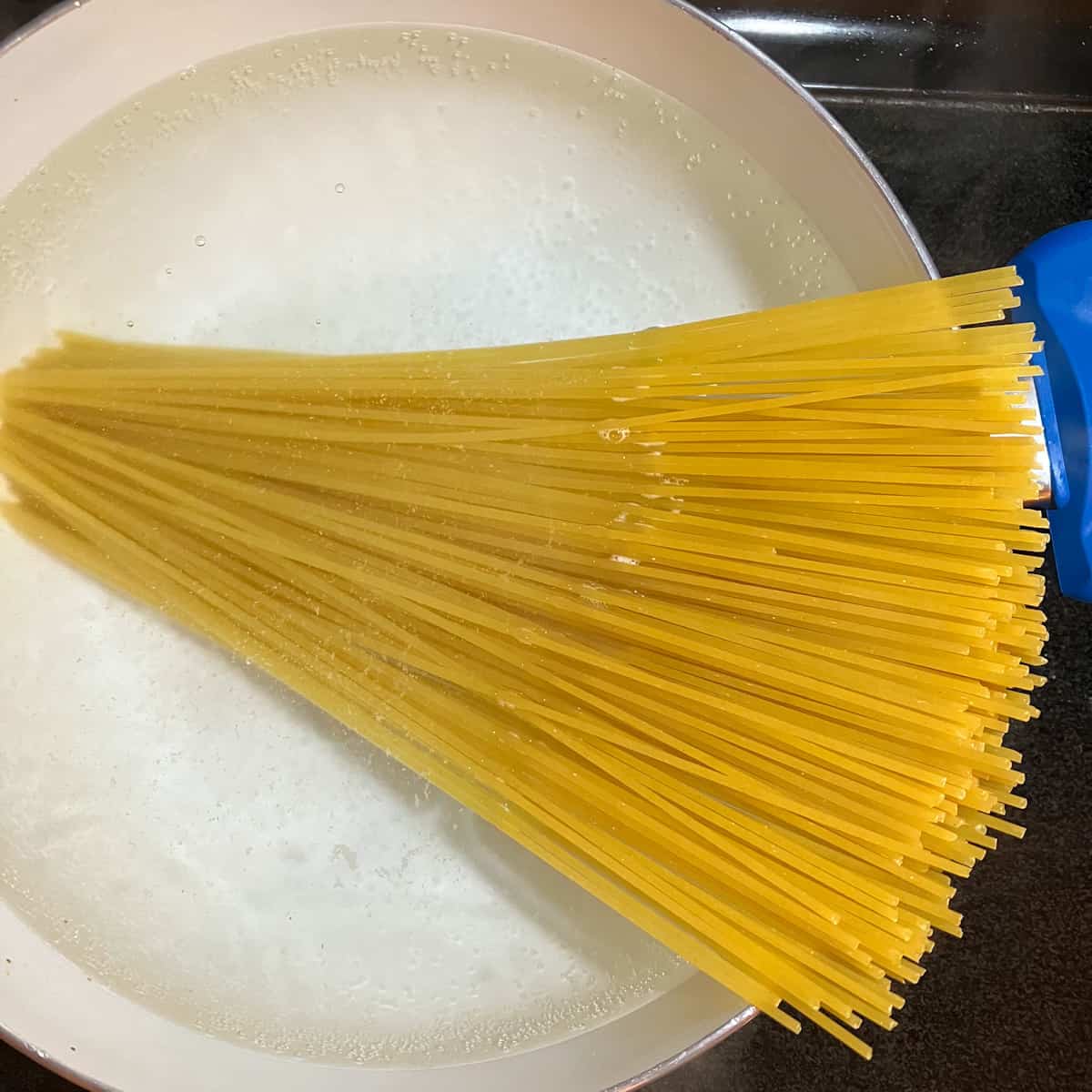
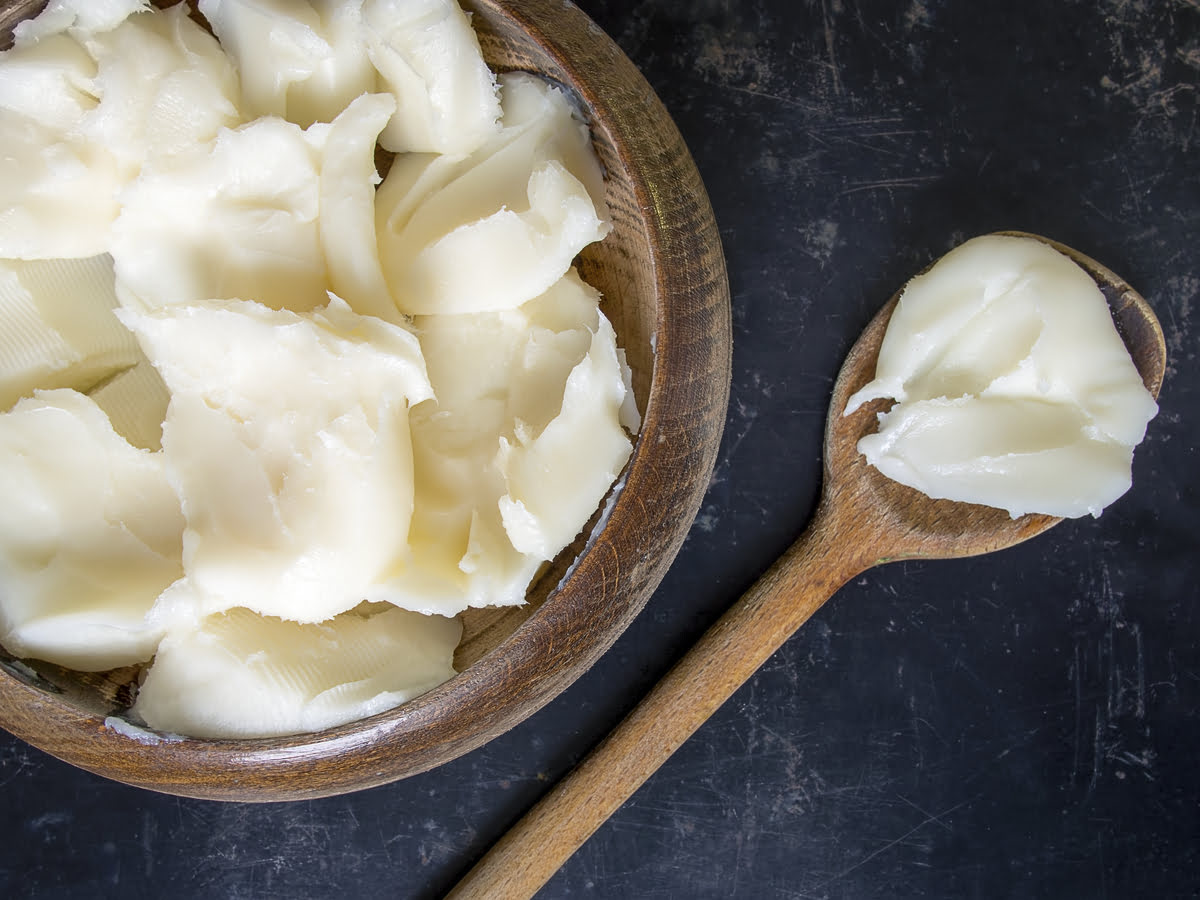
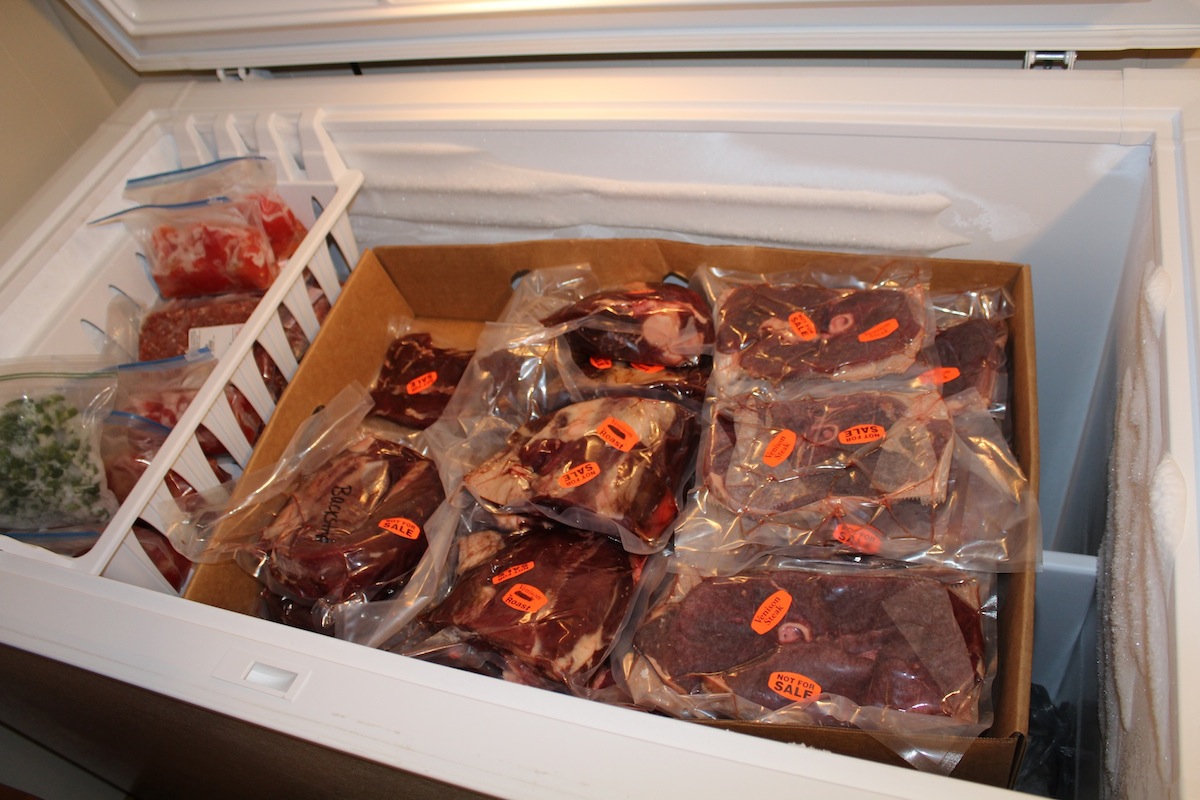
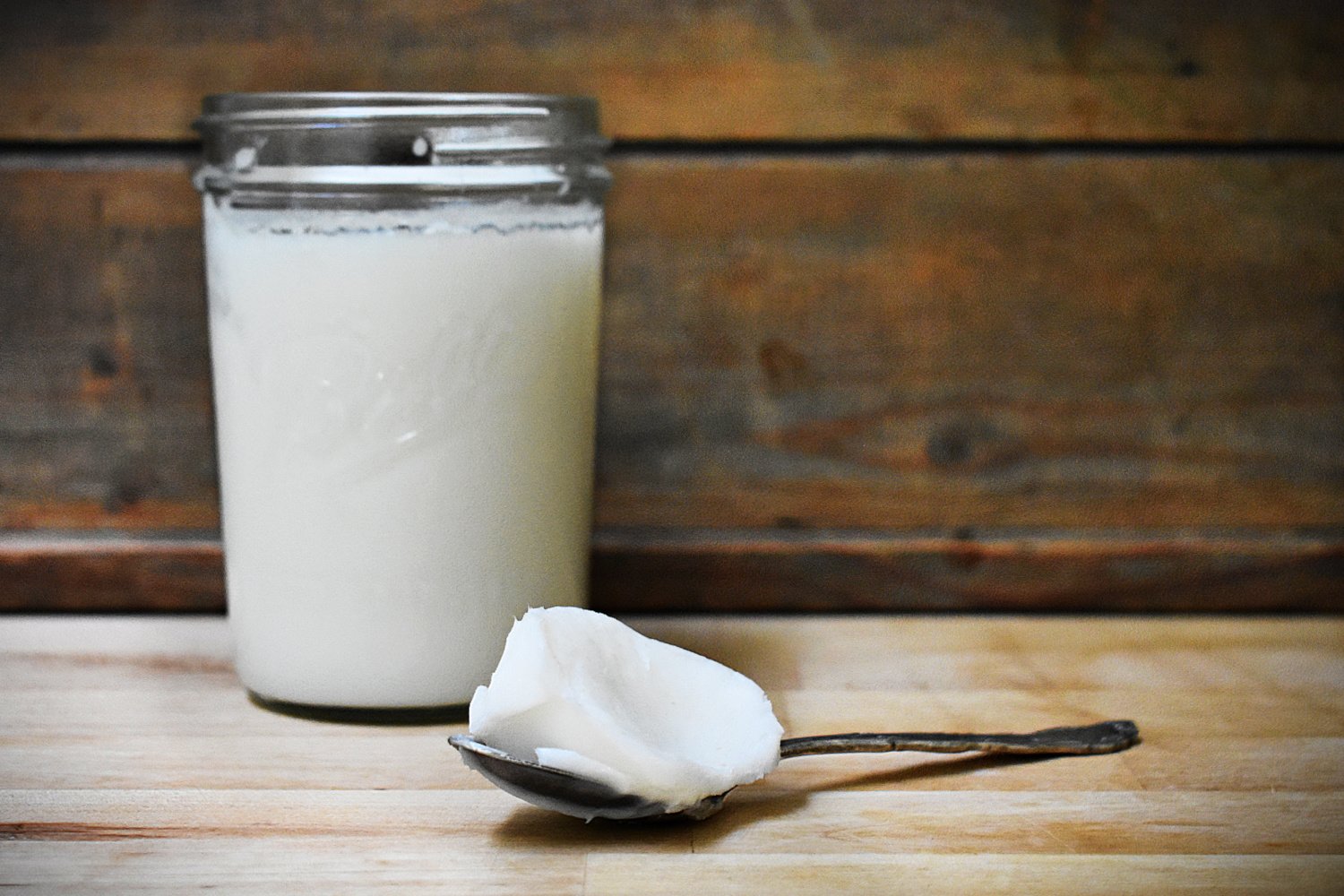
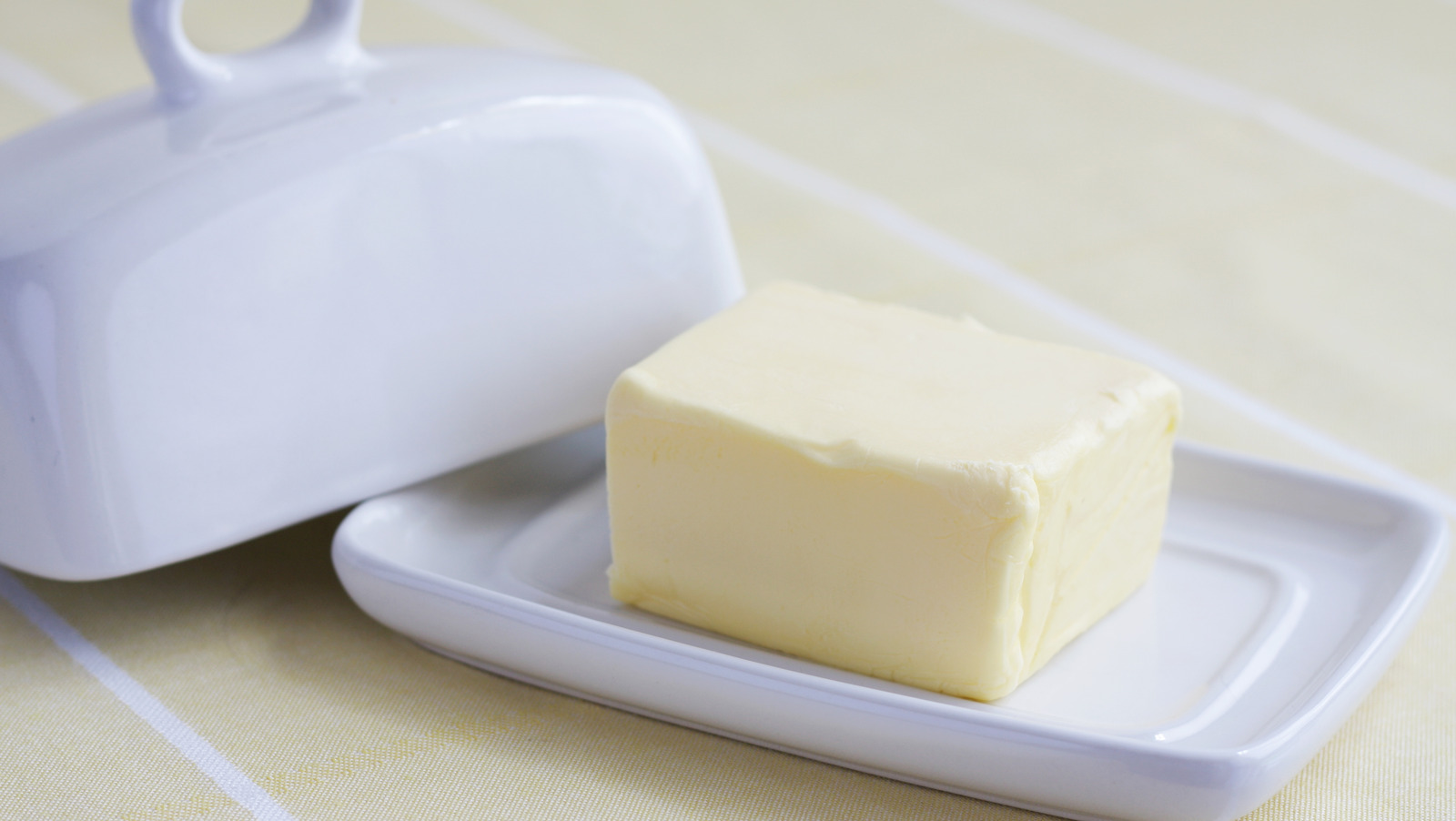
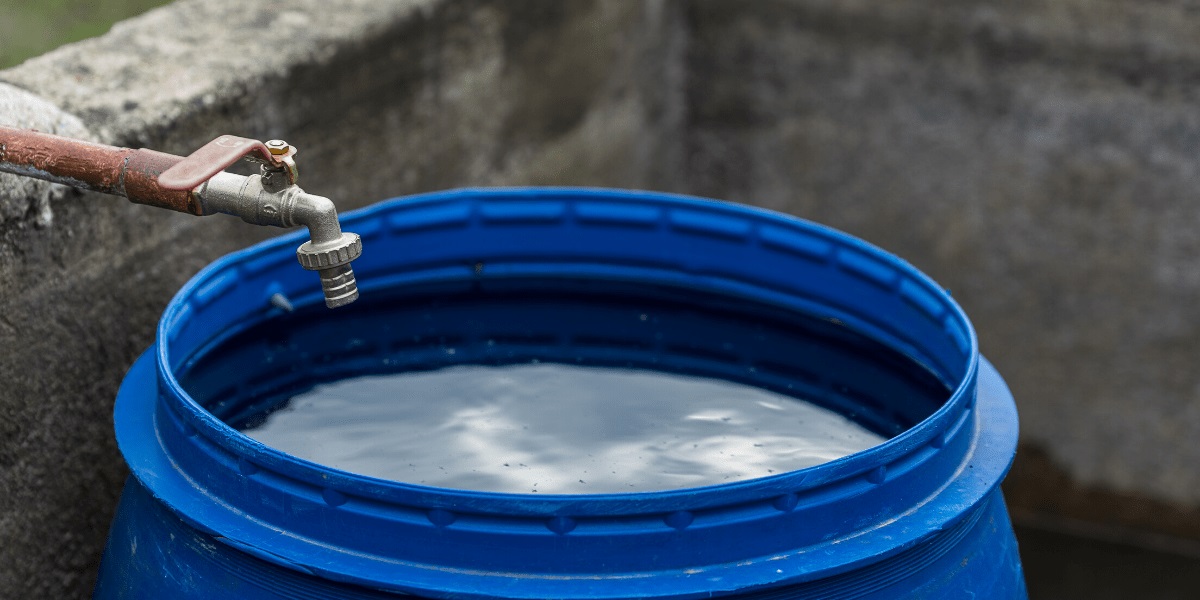
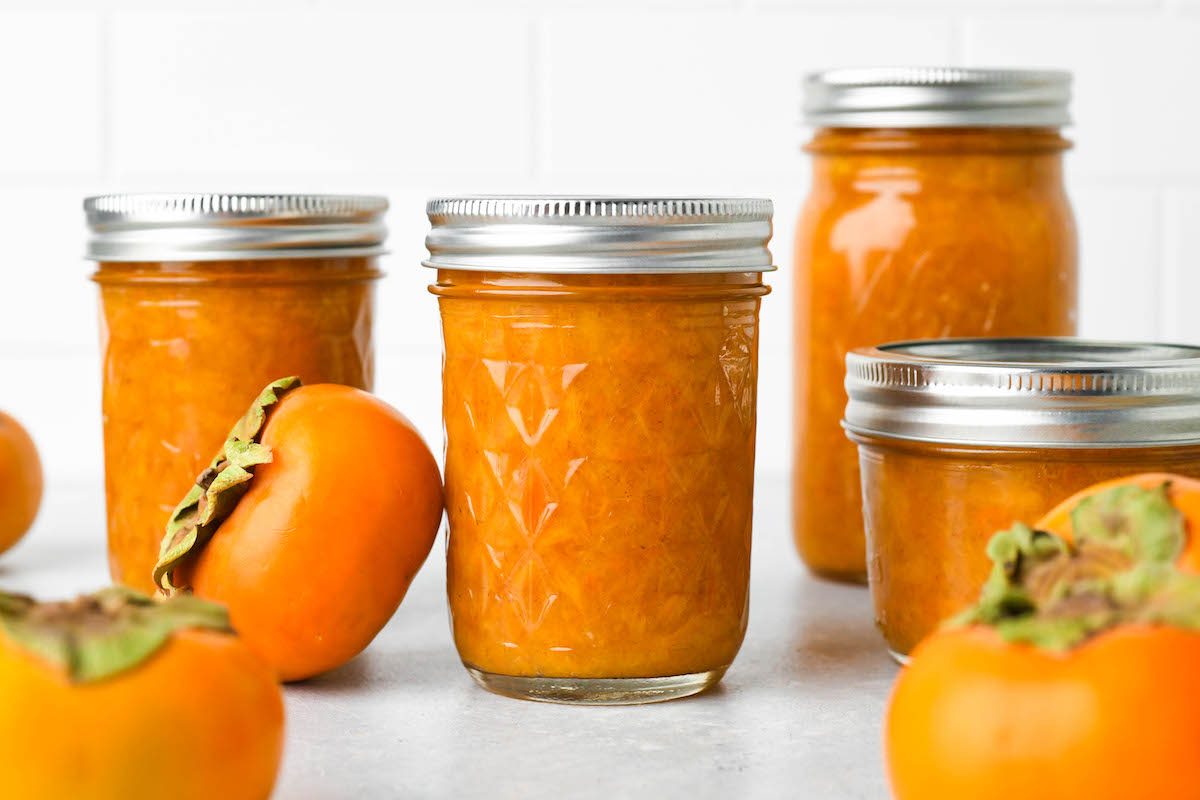

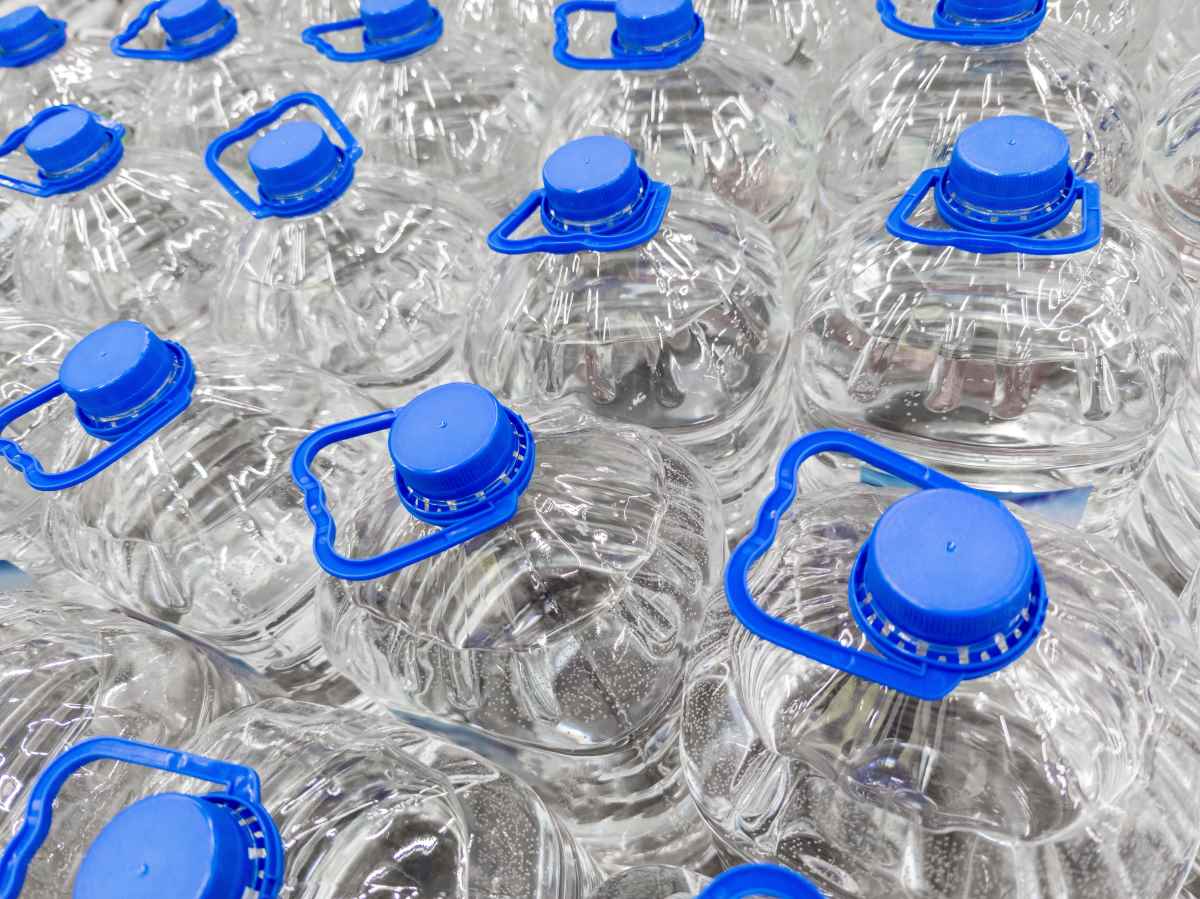
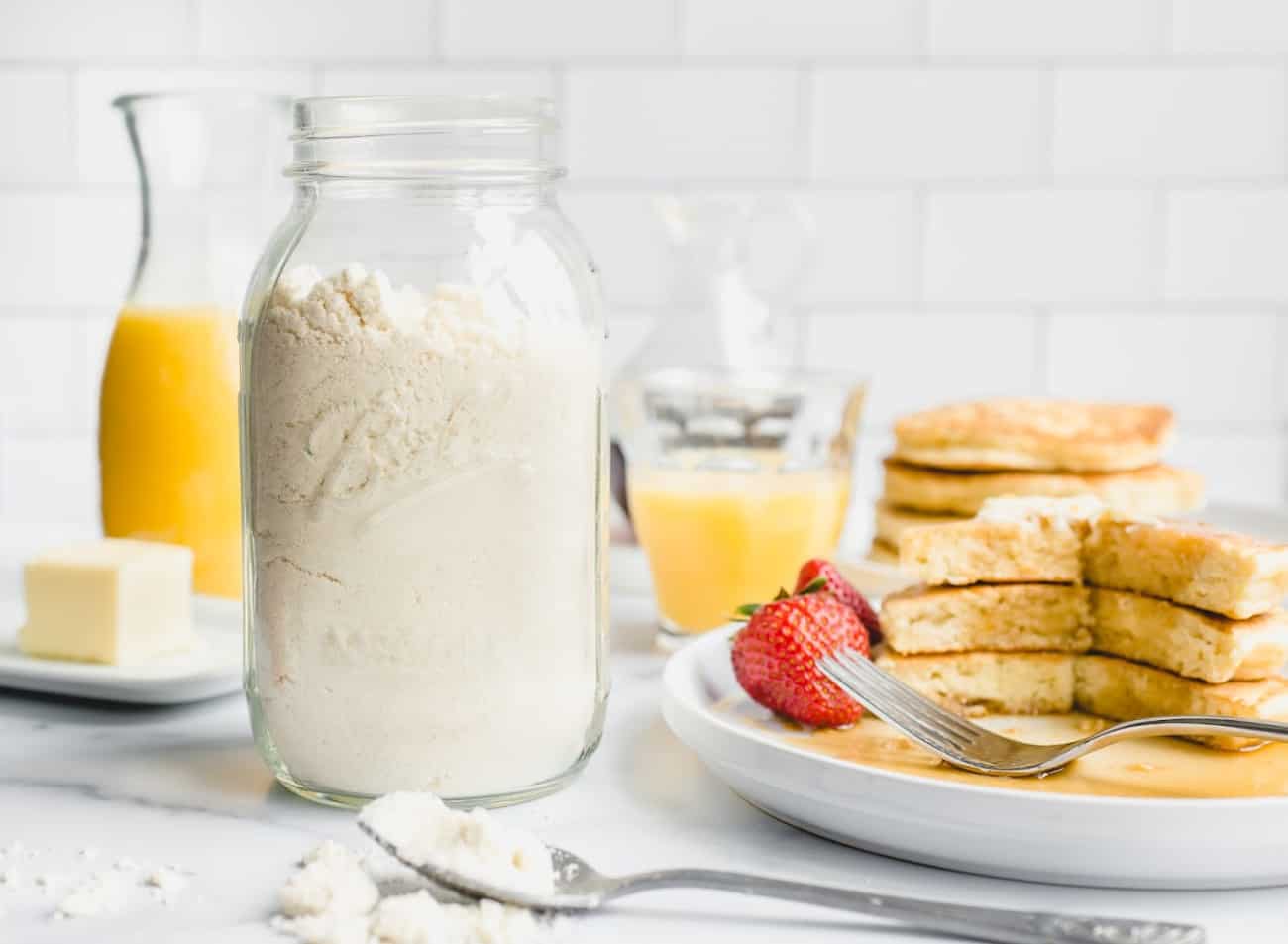
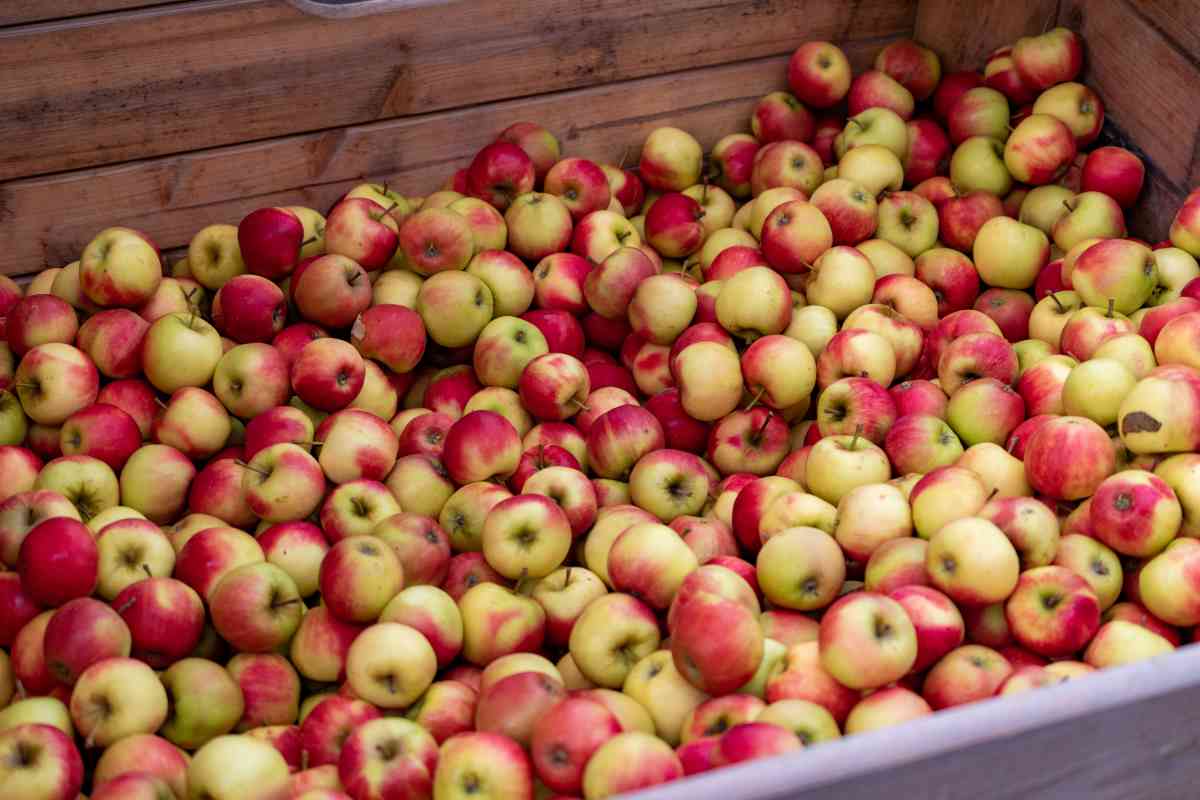
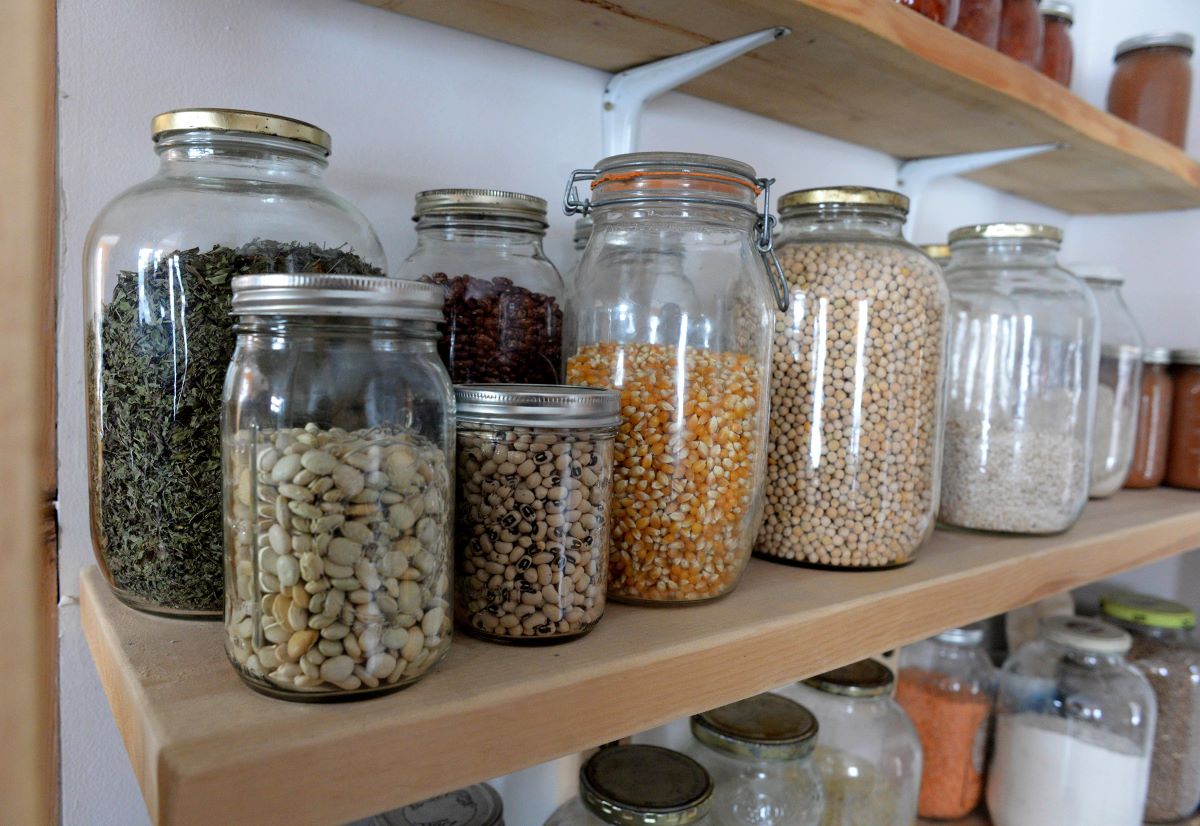

0 thoughts on “How To Store Spices Long Term”